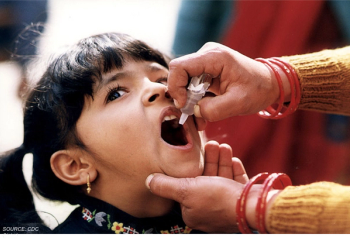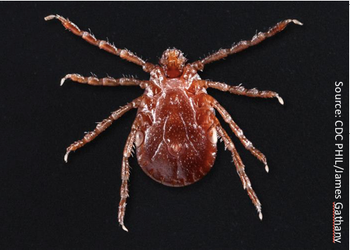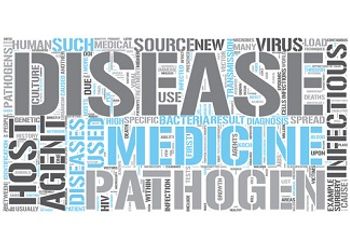
A new study found that individuals who had low microbiota diversity prior to a bone marrow transplant were more likely to be at a higher risk for post-transplant complications.

A new study found that individuals who had low microbiota diversity prior to a bone marrow transplant were more likely to be at a higher risk for post-transplant complications.

As of September 2018, there were 139 new national drug shortages during this year alone, and a total of 238 overall, according to University of Utah (UA) Drug Information Service data.

Freeze-drying vaccines enables health officials to get vaccines to remote areas, but until now, it has not been possible for the fragile polio vaccine.

We’ve rounded up a list of important US Food and Drug Administration (FDA) and US Department of Agriculture (USDA) recalls from this past week.

The new test is approved to assist with detecting cytomegalovirus in newborns less than 21 days of age.


People living with HIV should get a flu shot each year, according to experts.

Little is known about the ecology and biology of the dangerous tick that the CDC has labeled an emerging disease threat to both humans and animals.

Are we investing in infection prevention programs like we should or are competing interests pulling resources?

As of October 31, 2018, the CDC has reported 457 clinical cases of confirmed C auris infection with a majority in New York (>50%), New Jersey, and Illinois.

Investigators have determined that norovirus outbreaks occur most frequently in health care settings and are often caused by strains of a virulent genotype.

This often-ignored zoonotic disease may be a rising problem around the world.

Through retrospective analysis, investigators have identified a second case of rat hepatitis E virus in a human, which has close genetic relation to the first case.

The FDA has announced that tahini imported from Israel is the likely source of a multistate outbreak of Salmonella Concord.

Draft guidance effectively outlines what infectious disease specialists have known for years—and leaves many unanswered questions.

A study in bat social dynamics provides a helpful reminder on infectious disease dynamics.

A new trial evaluating the efficacy of investigational therapeutics mAb114, remdesivir, and ZMapp has launched in the Democratic Republic of the Congo.

Secondary analyses indicate that bezlotoxumab is more effective in reducing C diff recurrence in patients with pre-specified risk factors.

A new study finds that despite CDC standards, stethoscopes aren't being disinfected.

Results from 2 new studies completed in the United States and Canada indicate that probiotic supplements do not produce any benefits for children with gastroenteritis.

A new study evaluated the use of red boxes in patient rooms to help encourage patient care while in isolation.

Why take 3 drugs when you can keep your viral load at bay with just 2? A new study confirms that the dolutegravir/lamivudine pairing is non-inferior to a 3-drug regimen and may offer fewer toxic side effects.

The disease is now widespread among rodents in New Orleans, posing an increased public health risk of rat lungworm disease to people in the area.

Health officials are investigating an outbreak of Listeria monocytogenes in 4 states with a suspected link to ready-to-eat pork products.

We’ve rounded up a list of important US Food and Drug Administration (FDA) and US Department of Agriculture (USDA) recalls from this past week.

Stay up-to-date on the latest infectious disease news by checking out our top 5 articles of the week.

People who inject drugs who are infected with hepatitis C virus can achieve sustained viral response, despite imperfect adherence, according to the results of a new trial.

The new response program will focus on scaling up prevention and treatment efforts for malaria and increasing financial investments to better protect vulnerable populations.

Sixteen WHO health workers have been evacuated from the epicenter of the outbreak following an attack on their residence.

As resistance, and incidence, are both on the rise, new options may come not a moment too soon.